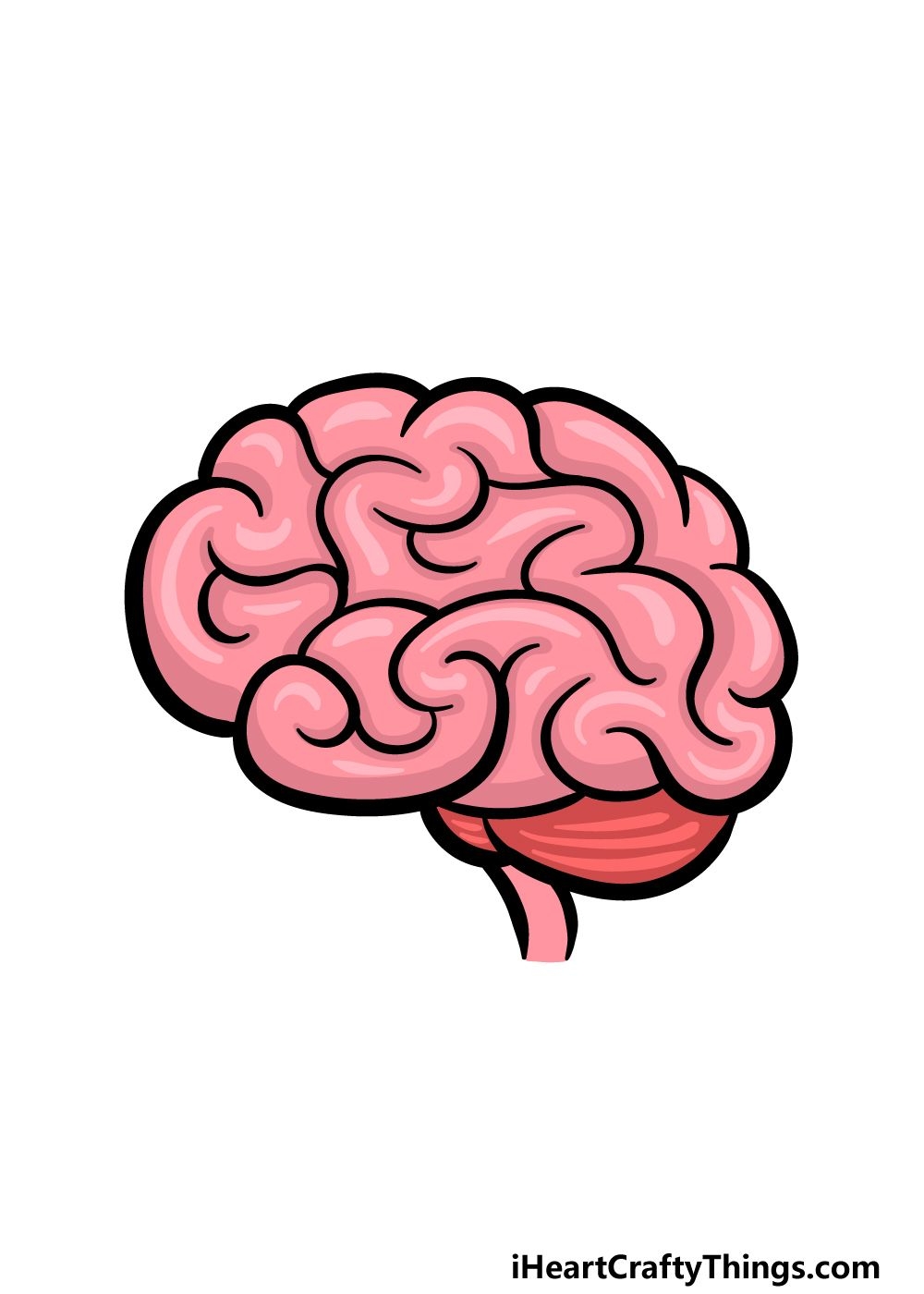When it comes to drawing the human brain, it can seem like a daunting task due to its complex structure. However, with a few simple steps and some practice, you can create a realistic and detailed representation of this vital organ. Whether you are a student studying anatomy or simply interested in art, learning how to draw a brain can be a fun and rewarding experience.
Before you begin drawing, it is important to study the anatomy of the brain. Look at reference images or diagrams to familiarize yourself with the different parts of the brain, such as the cerebrum, cerebellum, and brain stem. Understanding the basic structure will help you accurately depict the brain in your drawing.
Steps to Draw a Brain:
1. Start by sketching the overall shape of the brain using a light pencil. The brain has a wrinkled appearance with various folds and creases, so take your time to capture these details in your drawing.
2. Next, add in the major parts of the brain, such as the cerebrum and cerebellum. Pay attention to the size and placement of each part, as well as the connections between them. Use reference images to guide you as you work on these details.
3. Once you have the basic structure in place, you can start adding more intricate details, such as the brain stem and different lobes of the brain. Take your time with this step and focus on accuracy to create a realistic depiction of the brain.
4. Finally, add shading and texture to your drawing to give it depth and dimension. Use a variety of shading techniques, such as hatching and cross-hatching, to create a three-dimensional effect. Pay attention to light sources and shadows to make your drawing more realistic.
In conclusion, drawing a brain may seem challenging at first, but with practice and patience, you can create a detailed and accurate representation of this complex organ. Remember to study the anatomy of the brain, sketch the basic structure, add in details, and use shading to bring your drawing to life. Enjoy the process and have fun exploring the intricacies of the human brain through art!
